The Cross—a prominent symbol of Christianity. However, what does it mean? What is the Cross? What is the Cross about? This article will shed light on the Cross.
What is the Cross?
According to the Merriam-Webster Dictionary, “a structure consisting of an upright with a transverse beam used especially by the ancient Romans for execution.” It is known as a symbol of death, the cruelest form of execution. But to the Christian, there is one special Cross: the Cross on which Jesus was crucified. Therefore, to the Christian, the Cross means so many things.
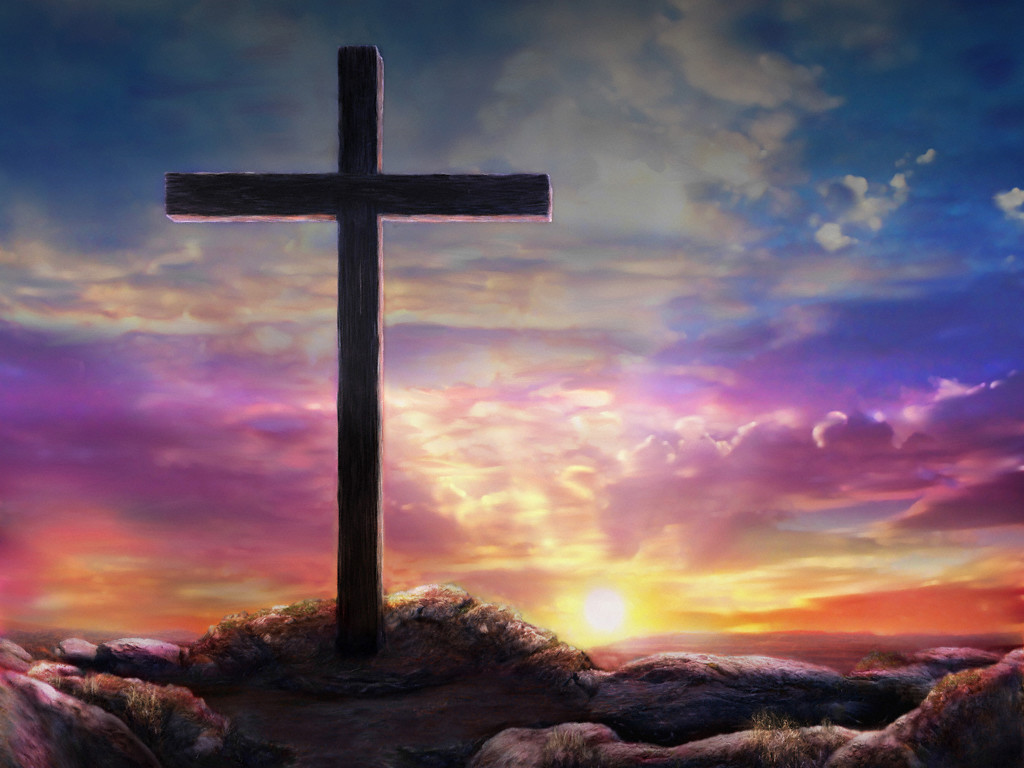
Love
It all begins with love. John 3:16-17 reads:
16 For God so loved the world, that he gave his only begotten Son, that whosoever believeth in him should not perish, but have everlasting life.
17 For God sent not his Son into the world to condemn the world; but that the world through him might be saved.
God so loved us that He provided a way to save humanity from their sins by offering His only Son to pay for our sins. Jesus accepted our punishment and paid the price for our sins so we would not perish. This act is truly an act of love.
Rom 5:8-9
8 But God commendeth his love toward us, in that, while we were yet sinners, Christ died for us.
9 Much more then, being now justified by his blood, we shall be saved from wrath through him.
The death of Christ is the uppermost expression of God’s love for us. While we were rebellious and dreadful, Christ died for us so that we could go to God, find peace with him, and become recipients of his promises. Christ did not die because we were lovable; Christ died because God already loved us and wanted to bring us close to Him. No matter how lonely or alienated we feel, we have the unchangeable fact that Christ died for us. Every time we celebrate communion, we hear the words from Jesus, “This cup is the new covenant in my blood; do this, whenever you drink it, in remembrance of me.” 1 Cor 11:25
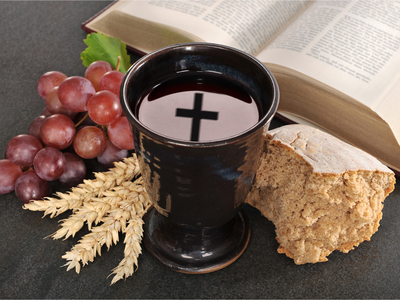
A Display of Humility
Phil 2:6-8 reads:
6 Who, being in very nature God, did not consider equality with God something to be grasped,
7 but made himself nothing, taking the very nature of a servant, being made in human likeness.
8 And being found in appearance as a man, he humbled himself and became obedient to death — even death on a cross! NIV
The Incarnation of Christ was the act of the pre-existent Son of God, who voluntarily assumed a human body and human nature. He became a human being; the man called Jesus. While he did not give up his deity to become human, He set aside the right to his glory and power. In submission to the Father’s will, Christ limited his power and knowledge. This act is humility personified.
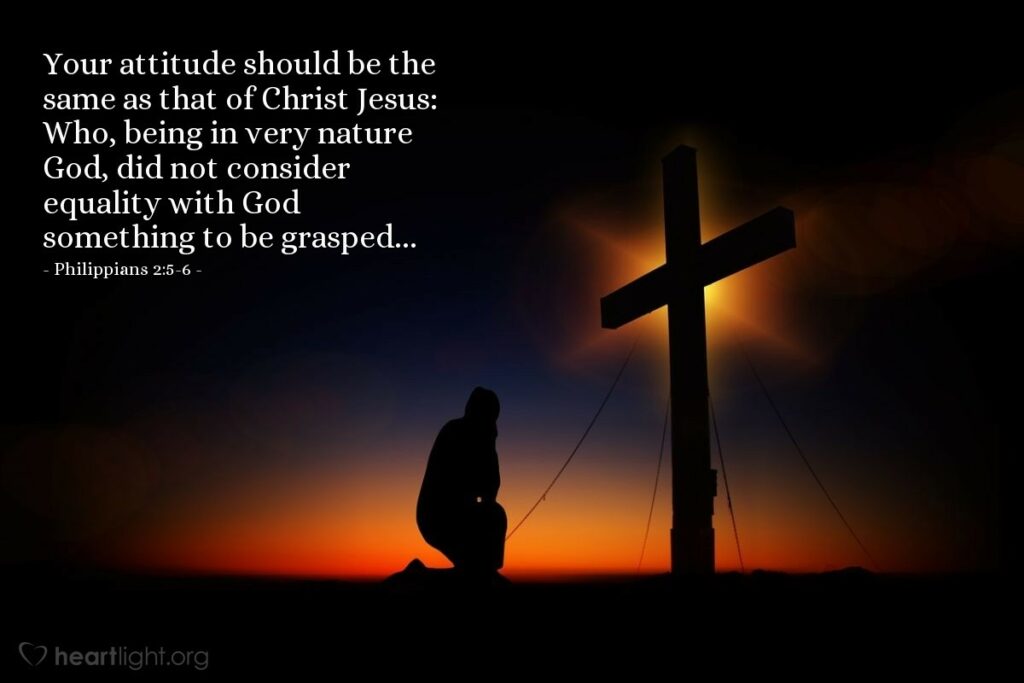
A Confirmation of Prophecy
The Scriptures have many prophecies of the Cross, from Genesis to Revelation. From the beginning of time, God has been planning to rescue humanity from the clutches of evil through horrific death on the Cross.
Isa 53:4-5 reads:
4 Surely He has borne our griefs And carried our sorrows; Yet we esteemed Him stricken, Smitten by God, and afflicted.
5 But He was wounded for our transgressions, He was bruised for our iniquities; The chastisement for our peace was upon Him, And by His stripes we are healed. NKJV
This prophecy was written some 700 years prior to Christ’s birth. He was marred beyond recognition, tortured, and thoroughly abused. But not only was his punishment prophesied, but so was our atonement. The redemption was prophesied.
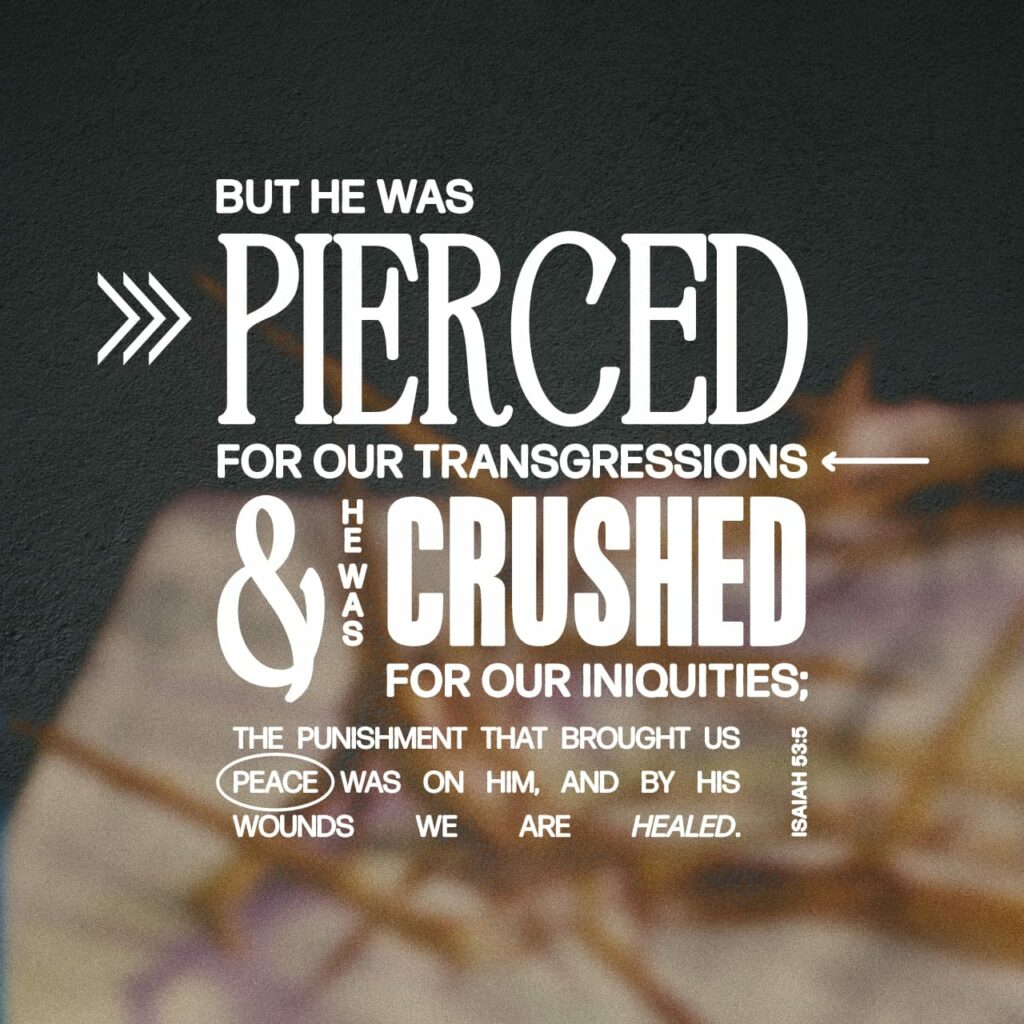
A Symbol of Freedom
The Cross is a symbol of the Christian’s freedom. Heb 9:14-15 reads:
14 How much more, then, will the blood of Christ, who through the eternal Spirit offered himself unblemished to God, cleanse our consciences from acts that lead to death, so that we may serve the living God!
15 For this reason Christ is the mediator of a new covenant, that those who are called may receive the promised eternal inheritance — now that he has died as a ransom to set them free from the sins committed under the first covenant. NIV
The blood of Christ cleansed His followers from “dead works.” Before individuals follow Christ, they are filled with sinful thoughts, actions, and behavior. These “dead works” pollute people, putting them in need of repentance.
“For this reason,” in other words, because Christ offered himself to God, He can mediate a new covenant. He mediates based on his self-sacrifice and shed blood. As our High Priest, Christ is the mediator or advocate between us and God. He intervenes for all who believe, looking after their interests and presenting their requests to God. Christ died as a ransom, the price paid to release an enslaved person.
It is the blood of Christ shed on the Cross that has freed us from sin! Look at how Paul addressed this fact in Rom 6:17-18
17 But thanks be to God that, though you used to be slaves to sin, you wholeheartedly obeyed the form of teaching to which you were entrusted.
18 You have been set free from sin and have become slaves to righteousness. NIV
We all have a master and pattern themselves after him. Without Jesus, we would have no choice; we would be enslaved to sin, resulting in guilt, suffering, and separation from God. However, because of what Jesus did on the Cross, we can now choose God as our Master. Following him, we can enjoy new life and learn how to work for him. We no longer have to serve our first master. We can be free from him.
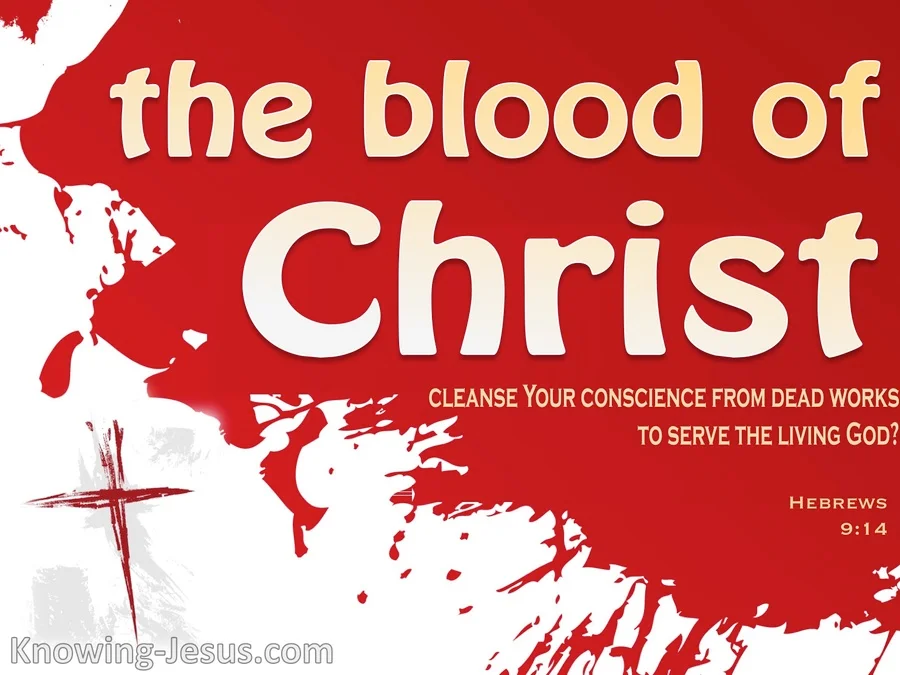
A Symbol of Suffering
The Cross represents suffering and pain. It is where Jesus suffered and died. Prior to His crucifixion, He had to carry His own Cross with much anguish.
Likewise, the freedom that Christians enjoy is not without problems. The Scripture says in 2 Tim 3:12
“Yea, and all that will live godly in Christ Jesus shall suffer persecution.”
If we stand up for Christian values to live godly lives, we can expect opposition and hostility from the world. Based upon the testimony of many, we can anticipate facing some form of persecution or resistance if we persist in living in obedience to Christ. Absence of persecution may not mean unfaithfulness, but if our lives as Christians never affect the world, we may have to question the seriousness of our commitment.
Jesus said in John 15:18-20:
18 If the world hate you, ye know that it hated me before it hated you.
19 If ye were of the world, the world would love his own: but because ye are not of the world, but I have chosen you out of the world, therefore the world hateth you.
20 Remember the word that I said unto you, The servant is not greater than his Lord. If they have persecuted me, they will also persecute you; if they have kept my saying, they will keep yours also.
Jesus was hated from the beginning (when Jesus was a young child, King Herod sought him out to kill him — Matt 2:13-16). He was hated at the end when the people of His time rejected him as the Savior and called for his crucifixion. Therefore with certainty, the same world will surely hate those who declare faithfulness to the crucified Lord.
To persecute Christians is to persecute Christ because Christians are an expansion of Christ, as branches are an expansion of the vine (John 15:5). Yet despite inevitable persecution, Christians are called to share the gospel — this includes not just telling the story but extending the invitation to accept Jesus as Savior and Lord.
The Cross not only represents suffering through persecution but, through life itself. The Scriptures inform us in Ps 34:18-19 NLT
18 The Lord is close to the brokenhearted; he rescues those whose spirits are crushed.
19 The righteous person faces many troubles, but the Lord comes to the rescue each time.
We often wish we could escape troubles—the pain of grief, loss, sorrow, failure, or even the minor daily aggravations that relentlessly wear us down. But God promises to be “close to the brokenhearted” and our root of power, courage, and wisdom, aiding us through our trials and tribulations. Sometimes He chooses to deliver us from those problems.
All of us, Christian and non-Christian, have trials and tribulations. The difference is the response. The non-Christians, the worldly ones, rely on themselves. Christians rely on Jesus through faith. It is a requirement, as Jesus said in Luke 9:23, And he said to them all, If any man will come after me, let him deny himself, and take up his cross daily, and follow me.”
Jesus made it clear that following Him would not be easy. To deny ourselves means letting go of selfish desires and earthly security. “Self” is no longer in charge; Christ is. We need this attitude for the days ahead. We must be willing to set aside our desires to fulfill God’s will.
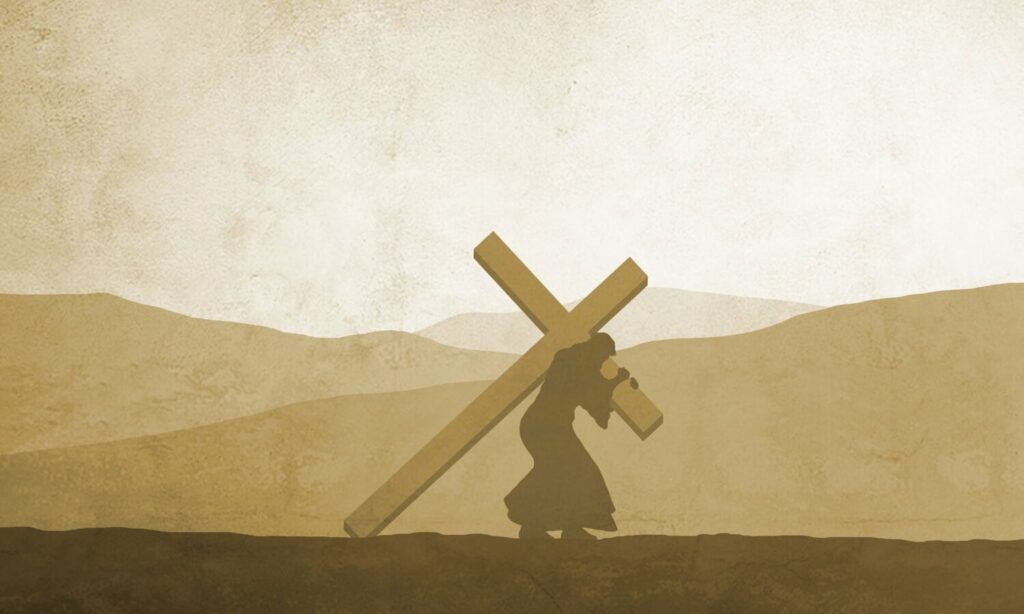
Christians follow the Lord by imitating His life and obeying his commands. Imitating His life involves partaking in His suffering. 1 Peter 4:12-13 reads:
12 Dear friends, do not be surprised at the painful trial you are suffering, as though something strange were happening to you.
13 But rejoice that you participate in the sufferings of Christ, so that you may be overjoyed when his glory is revealed.
NIV
Christians are not to be surprised at the trials they face as unbelievers do; we have to expect them. God’s plan for our lives often but not always includes pain and hardship. But as the previous Scripture reveals (Ps. 34:19), the Lord delivers us from them all.
This situation is why Jesus said we must take up our crosses: our trials and tribulations, and follow Him. Notice when Jesus said we are to take up our crosses: “daily.” Following Christ is not a one-shot deal; one must be in it for the long haul. Otherwise, don’t bother. For Jesus also said in Matt 10:38: “And he that taketh not his cross, and followeth after me, is not worthy of me.”
Christ’s followers must deny selfish ambitions and selfish desires. Following Christ is costly now, but it is well worth the pain and effort in the long run. Individuals are willing to shell out a high price for something they value. Therefore, is it any surprise that Jesus would demand this much commitment from his followers? At least three conditions must be met by individuals who want to follow Jesus. They must be willing to deny themselves, to take up the cross, and to follow him. Anything less is superficial.
Consequently, when trouble strikes, we must not get frustrated with God. Instead, we must admit that we need God’s help and thank him for being by our side.
This carrying of our crosses is a daily struggle that yields everlasting results.
Summary
As you can see, the cross symbolizes much in the life of a Christian. May we take note, understand its significance, and hold it dear to our hearts.
Amen
Questions, comments, and concerns are welcomed below.
Blessings!
